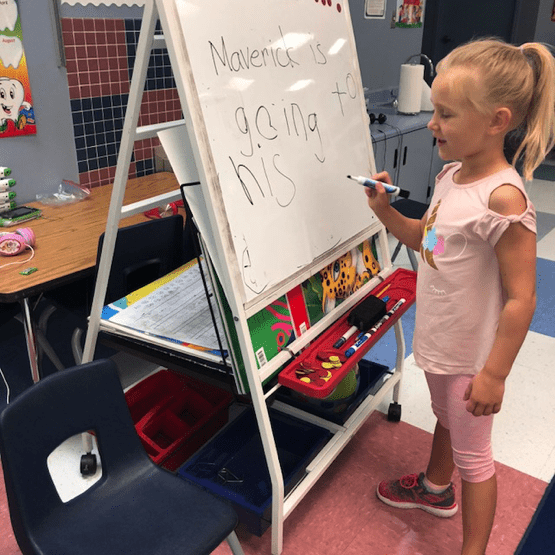Helping Kids Develop Strong Writing Skills
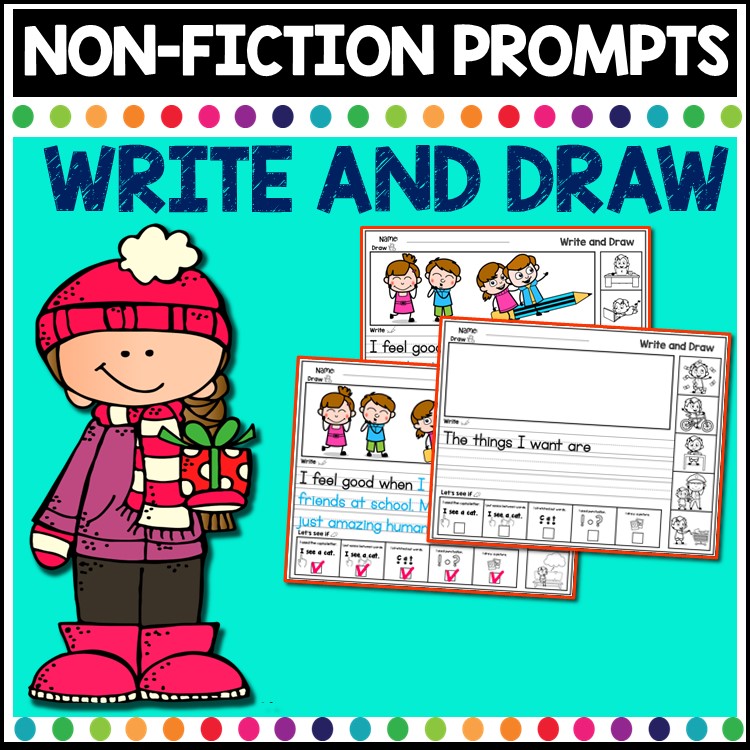
Developing Strong Writing Skills in Young Children
Writing is an essential component of our everyday routine. However, learning and mastering it is a challenging task. You may assist your child to develop her writing abilities at a young age by getting a head start with some basic tasks. You will be contributing to her future academic and adult achievement while also teaching her how to express herself if you do so.
In this post, we’ll go over why writing is such a vital ability for individuals of all ages, as well as some tips for helping your child become a better writer.
What is the significance of writing?
Writing is a useful skill.
Every day, whether it’s filling out a form at the doctor’s office or writing an essential letter, we need to write to fulfill our jobs. These jobs need clear writing and excellent information organization.
The importance of writing in a student’s education cannot be overstated.
Many assignments and tests require students to write brief replies or larger essays as a method of analyzing what they have learned, whether they are writing by hand or on the computer. Students will be asked to demonstrate increasingly advanced writing abilities and to fulfill more sophisticated tasks through their writing as they become older. Many colleges and universities also require students to write essays as part of their coursework.
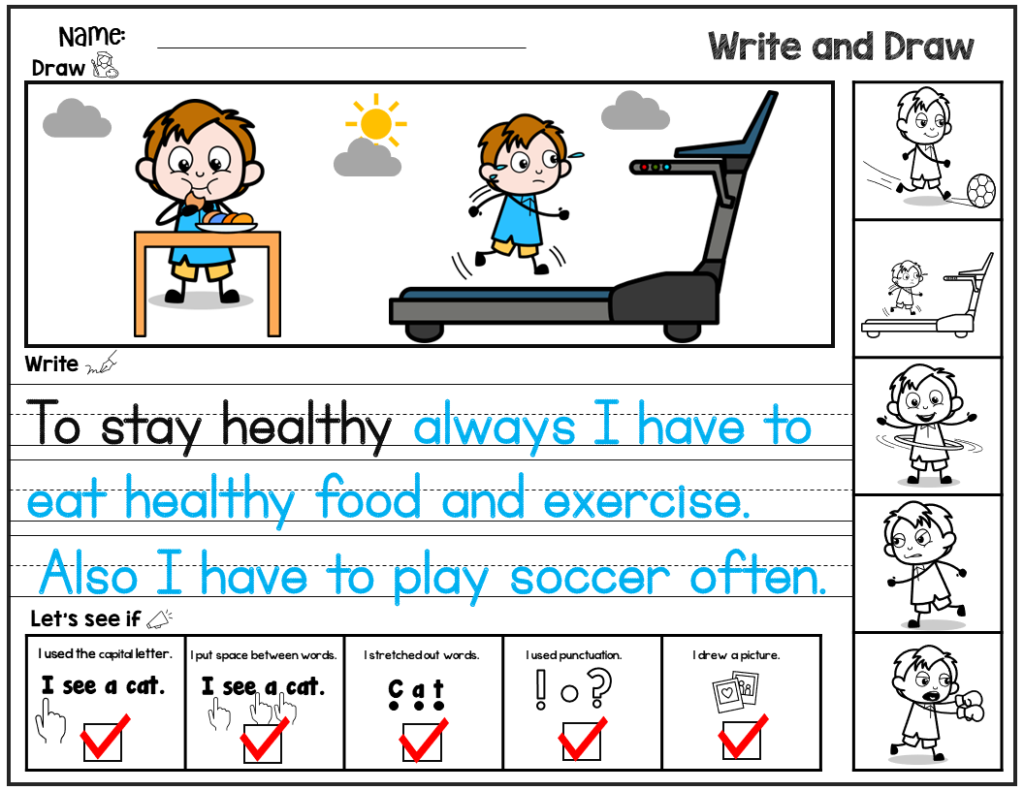
Writing may be a crucial part of a job’s responsibilities.
Many types of employees are expected to write on a daily basis. They may be answering phones and performing administrative work, or they could be producing research papers and newspaper articles. Whatever the task, their ability to write well may be a determining factor in their capacity to do it successfully. When applying for a new job, many people must also submit a resume and a cover letter.
Writing is a crucial means of communication.
Writing letters and emails to our friends, families, and professional colleagues is a popular means of staying in touch. When we wish to leave no room for uncertainty, we write and sign contracts, leases, and treaties, which is why we create and sign contracts, leases, and treaties when we make crucial decisions.
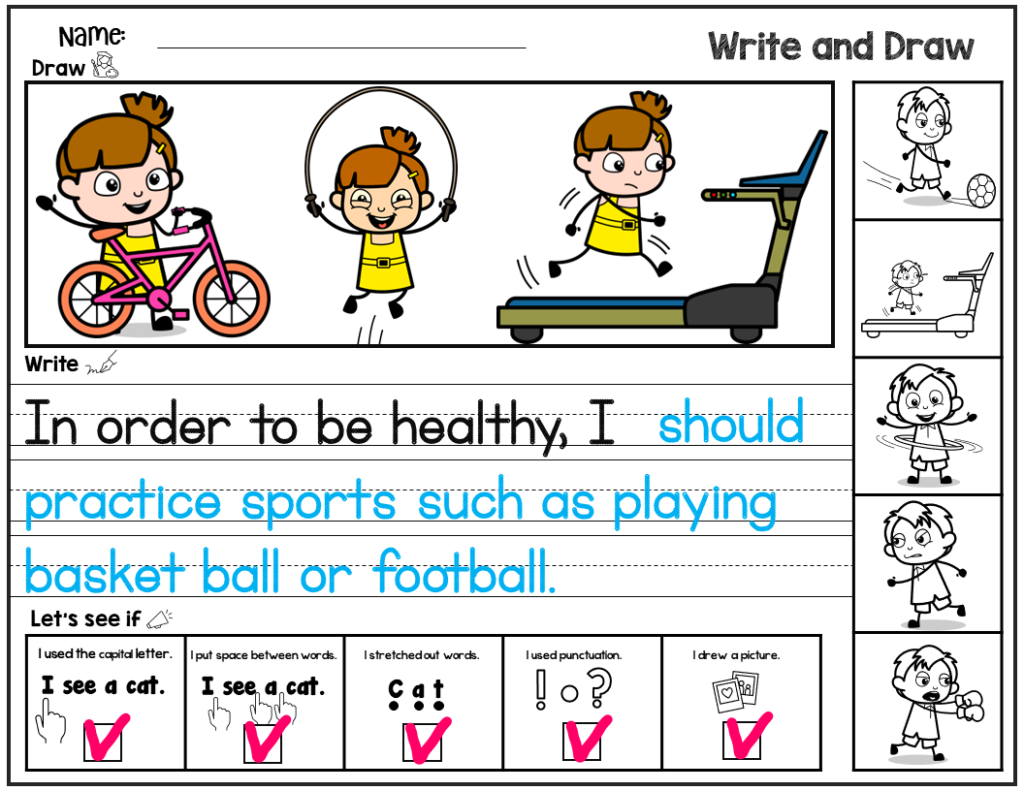
Writing may be a beneficial release.
Many individuals find writing soothing and a useful method to convey sentiments that are difficult to describe verbally.
What are your options?
It’s crucial to remember that teaching and assessing writing may be just as tough as learning it. Many students struggle with clarity, consistency, and structure in their writing, which might deter them from doing so if they are upset.
Parental participation can make a major impact in this situation. Encourage your kid to build excellent writing abilities at a young age and to improve as a writer as she grows older to have a long-term good influence on her writing and to make writing a more pleasurable and simpler process for her.
To get you started, the Department of Education has a list of suggestions for helping your kid become a better writer.
Many of these ideas are appropriate for younger children, but they may also be adapted for older children. Read Tips for Parents of Struggling Adolescent Writers to learn more about how to help your children if they continue to struggle with writing in middle and high school.
Parenting Tips: How to Help Your Child Become a Better Writer
What You Will Require:
Markers, crayons, or pencils
Ribbon or yarn
Notebook or writing paper
Heavy paper or cardboard
Paper for construction
Scissors for safety.

Before we begin, there are certain things to consider.
Make a space for it.
A nice writing surface, such as a desk or table with a smooth, flat surface, is essential for your youngster. It’s also important to have adequate illumination.
Provide the necessary supplies.
Provide lots of lined and unlined paper, as well as writing implements like as pencils, pens, and crayons.
Brainstorm
Discuss your child’s thoughts and experiences as often as possible, and encourage her to describe people and events to you.
Young children’s activities
Encourage the kid to draw and talk about her sketches.
Pose questions to your kid regarding her artwork, such as:
“What is the boy up to?” says the narrator.
“Does the house appear to be similar to ours?”
“Would you be able to tell me a tale regarding this picture?”
Show an interest in what your child says, draws, or tries to write, and ask questions about it.
Request that your youngster tell you short stories while you jot them down.
Without making any modifications, copy the narrative as your kid tells it. If there’s anything you don’t understand, ask her to explain it to you.

Encourage your youngster to write her name on a piece of paper.
With her, practice writing her name, and point out the letters in her name when you see them in other places (on signs, in stores, etc.). She may begin by writing simply the first few letters of her name, but she will quickly add the rest.
Make use of games
There are a variety of games and puzzles that may help youngsters improve their spelling skills while also expanding their vocabulary. Crossword puzzles, word games, anagrams, and cryptograms made specifically for youngsters are just a few examples. Flashcards are very entertaining to use, and they’re simple to produce at home.
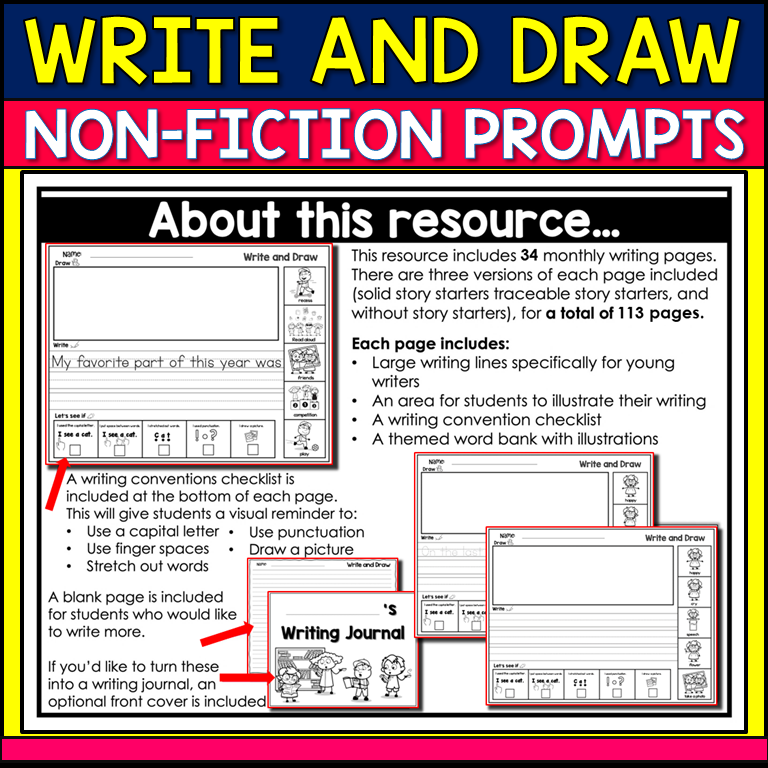
Make books out of your child’s writing.
Make a collage of her drawings and texts on construction paper. Make a cover out of sturdier paper or cardboard for each book, and include distinctive art, a title, and her name as the author. Punch holes in the pages and cover, then use yarn or ribbon to bind the book together.
Activities on a Day-to-Day Basis
Ascertain that your youngster sees you writing.
By witnessing you write, she will learn about writing. Discuss your writing with her so that she understands why writing is essential and how it can be utilized in a variety of ways.
Encourage your youngster to write, even if it’s only a scribble.
Allow your kid to practice writing by assisting her in signing birthday cards, creating stories, and making lists.
Write with your child when he or she becomes older.
Allow your youngster to assist you with your writing, such as letters, grocery lists, and notes.

Suggestions for taking notes
Encourage your youngster to take notes and explain what she sees on vacations or activities. This might be a description of a nature walk, a boat journey, a vehicle drive, or any other experience that lends itself to collecting notes.
Encourage people to copy.
If your child like a certain song, encourage her to memorize the lyrics by writing them down. Encourage students to replicate beloved poetry or quotes from books and plays.
Encourage your youngster to read aloud her stories.
As your kid grows older, invite her to tell you about her adventures. Listen attentively without interrupting her, and compliment her on her thoughts and writing!
In the kitchen, hang a family messaging board.
Offer to leave notes for your youngster there. Make certain she finds any notes left for her.
Assist your youngster in writing letters and emails to family and friends.
Thank you letters or a personalized message to say hello are examples of these. Send your child a letter or card every now and then to remind her of how nice it is to get a letter in the mail. Consider having your youngster write to a pen buddy.
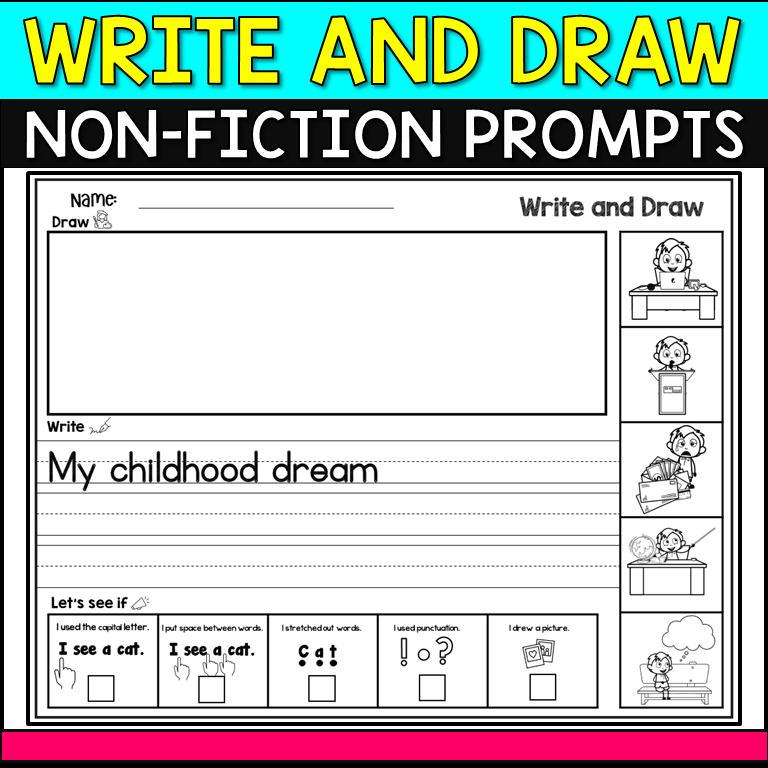
Encourage you to keep a journal.
This is both terrific writing exercise and a fantastic way to express yourself. Encourage your child to write about events at home and at school, people she likes or hates, and things she wants to remember and do. Read the entries and discuss them with her if she wishes to share the journal with you.
Things to Keep in Mind
Take your time.
Assist your youngster in devoting time to a writing project or practice. Before beginning to write, good authors generally spend a lot of time thinking, planning, and researching. Your youngster may procrastinate, sharpen a pencil, prepare documents, or check up a word’s spelling. Be patient; it’s possible that this is all part of her plan.
React to what your child has written.
Respond to your child’s thoughts, whether they are expressed vocally or in writing. Make it apparent that you’re more interested in what the writing says than in how it was written, which implies focusing on “what” the youngster wrote rather than “how” it was written. It’s typically best to overlook little mistakes, especially while your youngster is still putting his or her thoughts together.
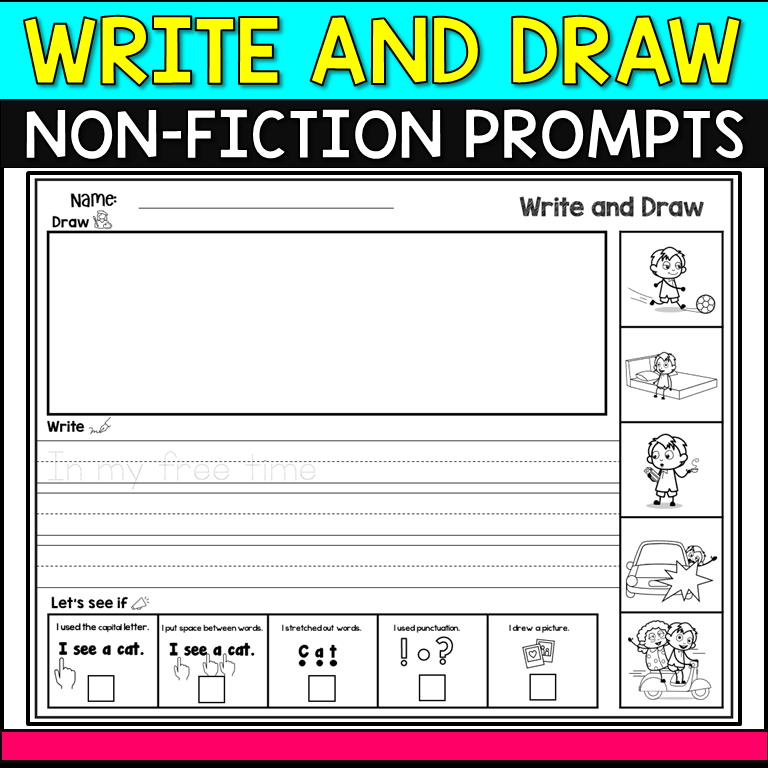
Applaud your child’s writing skills.
Take a positive attitude about your child’s writing and find nice things to say about it. Is it correct? Descriptive? original? Creative? Thoughtful? Interesting?
Don’t write for your youngster.
Don’t compose a paper for your child to send in as her own work, and don’t revise your child’s work. Meeting a writing deadline, accepting responsibility for the final result, and feeling ownership of it are all essential elements of the writing process.
As your child grows older, assist her with her writing.
As your child’s stories and tasks get longer, ask her questions that will help her clarify specifics and organize her thoughts. Discuss the purpose of what she’s writing.
When your kid is ready, provide her with spelling assistance.
When your kid is starting to read and write, she may experiment with different writing and spelling styles. It is our responsibility to encourage our children to write so that they will like expressing their thoughts and ideas on paper. Your youngster may start writing words the way she hears them at first. She may use “haf” instead of “have,” “frn” instead of “friend,” and “Frd” instead of “Fred,” for example. This is a step in the right direction for her phonemic awareness. Continue to practice with her and demonstrate proper word spelling as you write. As your kid grows older and asks more questions about letters and spelling, present her with additional information.
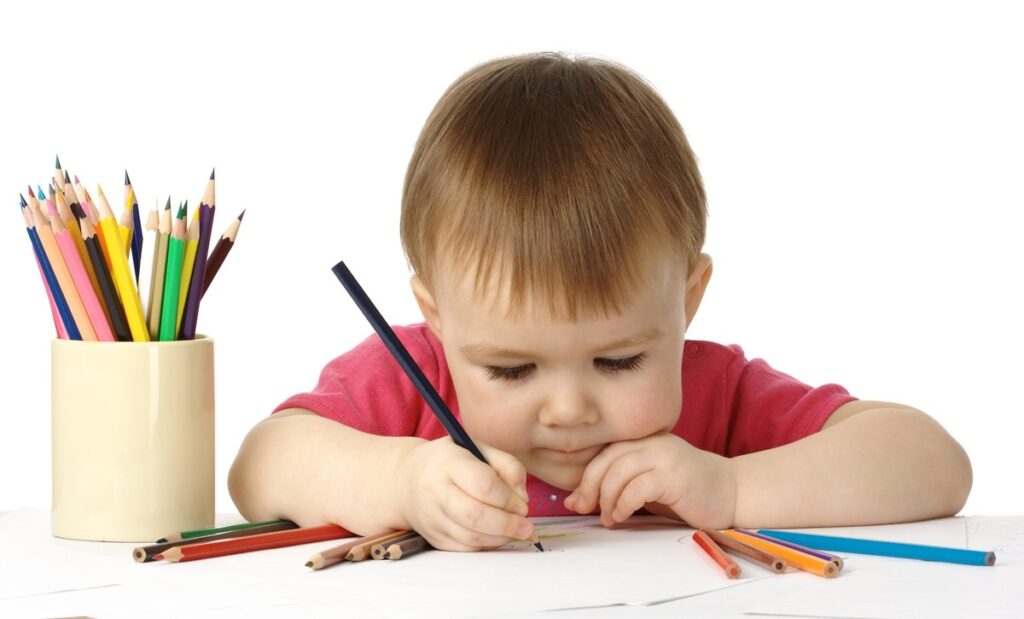
Practice, practice, and practice some more!
It takes a lot of work to write correctly, so don’t let your youngster feel discouraged. It’s not a simple task! Provide her with several opportunities to practice so that she can progress.
Read aloud together.
Reading and writing are complementary. The more of each your child does, the better she will be at them. Reading might inspire your kid to write about her own family or school experiences. If your child has a favorite story or author, inquire as to why she believes that narrative or author’s writing is unique.
You will be laying a strong foundation and taking measures to assist your kid in becoming a better reader, writer, and student as you read and write more with him or her. Your current efforts will make a difference—and it may be the difference your child needs to succeed!
